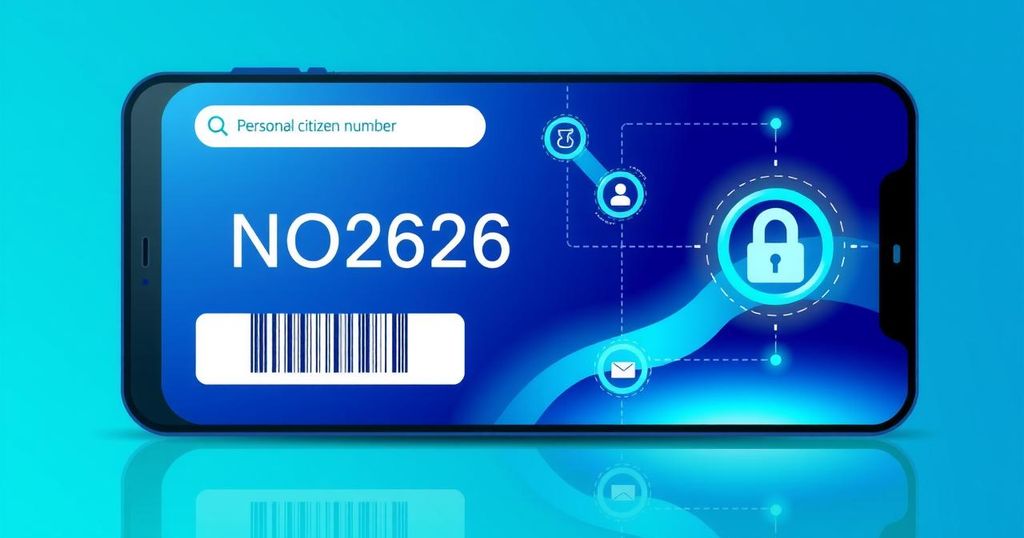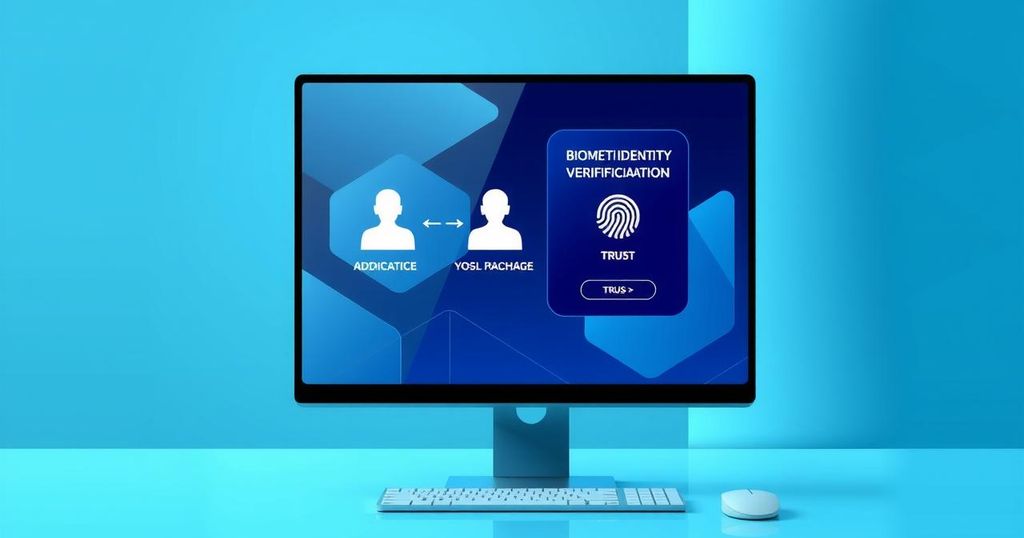Amicus International Consulting presents a legal strategy for clients to escape biometric surveillance. Their latest report, part of the Pseudocide Series, details how they assist individuals facing false or unwanted flags in biometric systems. By helping clients change identities legally and acquire second citizenship, Amicus aims to protect privacy amid rising surveillance use worldwide.
VANCOUVER, B.C. — June 22, 2025 — The rise of facial recognition technology is capturing attention like never before. Whether you’re at an airport, a busy shopping center, or just using your smartphone, biometric identification is everywhere. Governments, corporations, and law enforcement agencies utilize these systems to track and often detain individuals, all without their consent, raising significant privacy concerns.
But, as ominous as this sounds, Amicus International Consulting has stepped in to offer a lifeline. In the sixteenth installment of their Pseudocide Series titled “Biometric Warfare: How Amicus Disarms Facial Recognition Legally,” they delve into methods for clients to escape the clutches of biometric identification legally, all without resorting to fraud or illegal means.
The global landscape of biometric surveillance is staggering. Reports show that over 140 nations currently employ facial recognition technologies ranging from gait analysis to iris scans. Collaboration on these data occurs across borders through systems like Interpol and the Schengen agreement, raising alarms about invasive monitoring. In 2024 alone, biometric data linked to border management led to over 12,000 detentions, the identification of more than 3,100 alleged fugitives, and around 11,000 visa denials due to “biometric anomalies.”
Yet these technologies are not foolproof. There’s a darker side, where misuse can lead to the suppression of dissent and violation of rights, especially among those opposing authoritarian regimes. A spokesperson from Amicus highlighted the broader implications: “Facial recognition is not just used to catch criminals; it’s used to silence whistleblowers and intimidate individuals based on their past actions.”
Amicus provides services for those needing to sever ties with such biometric databases. They assist a variety of clients, including individuals caught in watchlists and those mistakenly identified by AI systems. For example, individuals in tech or activism, who might be wrongfully classified as high-risk, often find themselves under undue scrutiny after basic biometric scans.
Take the case of an American software architect flagged by security technology upon entering South Korea for a conference. Despite being cleared, he was placed on a travel watchlist. This led to ongoing travel disruptions for months until Amicus intervened. They facilitated a legal name change, followed by a careful process of deconflicting his biometric data, ensuring he could travel without raising alarms.
As the fight against biometric surveillance continues, some are turning to underground markets selling quick-fix solutions — think AI-generated masks or even facial reconstruction surgery. Yet these are illegal and could backfire. Amicus takes a different approach, offering clients a legitimate biometric identity transformation backed by active legal processes, rather than a mere disguise.
Their method includes guiding clients through filing for legal identity changes, which encompass updates to biometric records and securing updated passports. They assist with acquiring citizenship through investment programs in countries that issue new, legitimate passports and synchronized biometric data without the risk that comes from illicit practices.
Moreover, some jurisdictions don’t share biometric data, which enables clients to escape surveillance zones. A European compliance consultant, for example, was flagged due to incidental links with sanctioned entities. Amicus successfully insulated him from the fallout by arranging a legal identity update and helping him acquire a new biometric passport, allowing him to travel freely.
With advancements such as AI-driven analyses looking beyond just appearance — through gait recognition or behavioral profiling — the need for legal separation from biometric systems has never been greater. Amicus aims to facilitate this necessary division legally.
They clarify what they won’t do: no illegal tactics or deceitful practices are supported here. Their work is fundamentally about ensuring that every action taken is legally sound and fully compliant with international standards, protecting their clients from future risks.
In another poignant example, a political strategist in Central Asia found himself in hot water after leaking sensitive information. Despite asylum protections, he faced biometric scans leading to continued scrutiny. Amicus stepped in and helped him legally erase his biometric footprint and navigate new residency effectively.
In conclusion, amid advancing biometric systems, Amicus International suggests that legally redesigning one’s identity could be the best safeguard available. By offering clients new identities along with updated documentation backed by legal frameworks, they are paving the way for those ensnared in the web of biometric warfare. Legal identity becomes your shield, allowing you to navigate life without the constant fear of unwarranted surveillance.
For further information: Visit Amicus International at www.amicusint.ca or contact via phone at +1 (604) 200-5402, or email at [email protected].
The ongoing increase in biometric surveillance presents serious threats to personal privacy, yet Amicus International Consulting offers viable legal solutions. They facilitate identity changes and second citizenship acquisitions, effectively helping clients disengage from unwarranted biometric tracking without resorting to illegal means. Their services emphasize the importance of maintaining lawful protections in a world increasingly defined by biometric data. In short, in this age of biometric warfare, reshaping one’s identity legally is crucial.
Original Source: www.newstrail.com





